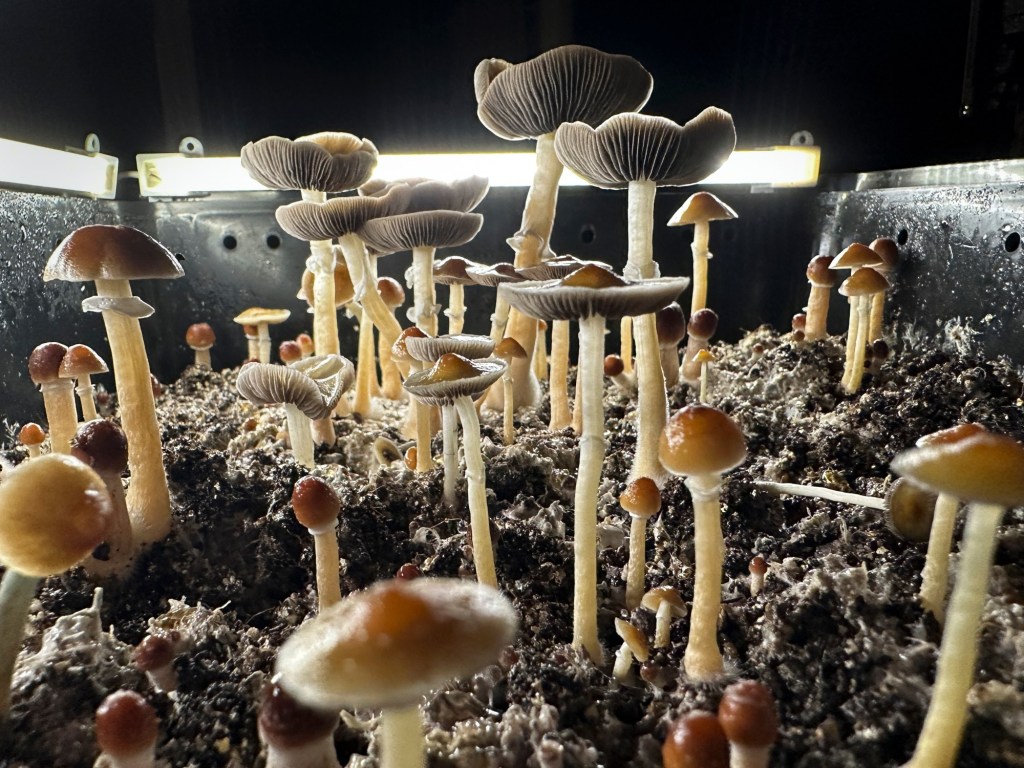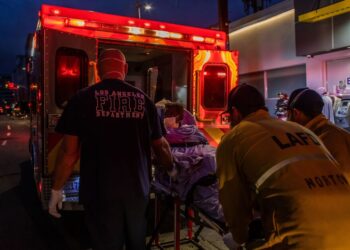A new study in Colorado is trying to answer definitively whether psychedelics help at least some patients dealing with distress over advanced cancer.
Dr. Stacy Fischer, co-leader of cancer prevention and control at the University of Colorado Cancer Center, said several small studies have found that psychedelic drugs may help patients who are experiencing demoralization or despair because of their impending mortality. The study CU is part of will have a larger and more diverse group of people, which hopefully will produce more conclusive evidence of whether there’s a benefit, she said.
“There’s so much science that needs to be done in this space,” Fischer said.
Psilocybin, the active ingredient in magic mushrooms, is still a Schedule 1 drug, meaning the U.S. Drug Enforcement Administration determined it has high potential for misuse and no accepted medical use.
But the U.S. Food and Drug Administration also released guidance earlier this year for trials involving psilocybin and some other psychedelics, and designated it as a “breakthrough” therapy for some mental health conditions, which would ease the path to getting treatments approved.
If the data shows that psilocybin is helpful for at least some people dealing with existential despair, that information could be useful to the FDA, even though no drug companies are asking for the agency’s approval to market it for that condition, Fischer said.
Generally, doctors can prescribe FDA-approved drugs “off label” for any condition where they might be helpful, but the agency also has the option to limit how a drug can be used if it is concerned about risk, said Dr. Brian Anderson, a psychiatrist at University of California San Francisco who is also studying psilocybin.
That means that it’s important to have robust data justifying that it works for people nearing the end of life if patients are going to have that option, he said.
All of the participants in the CU study will receive six hours…
Read the full article here







